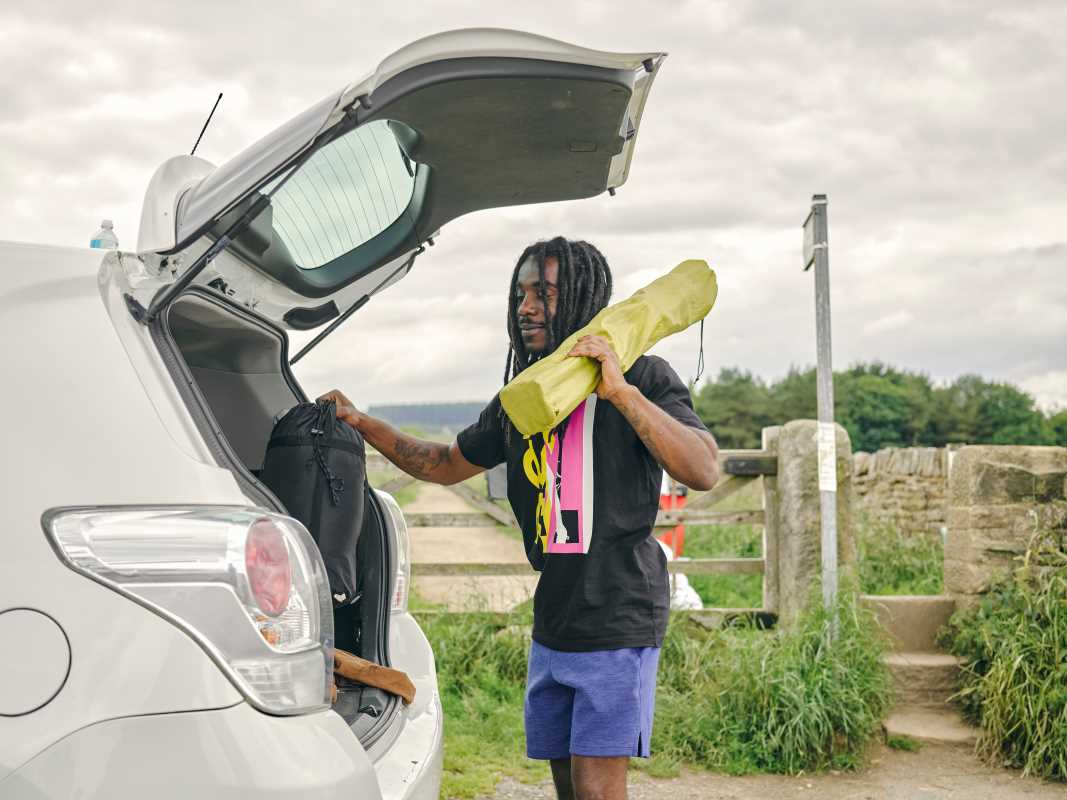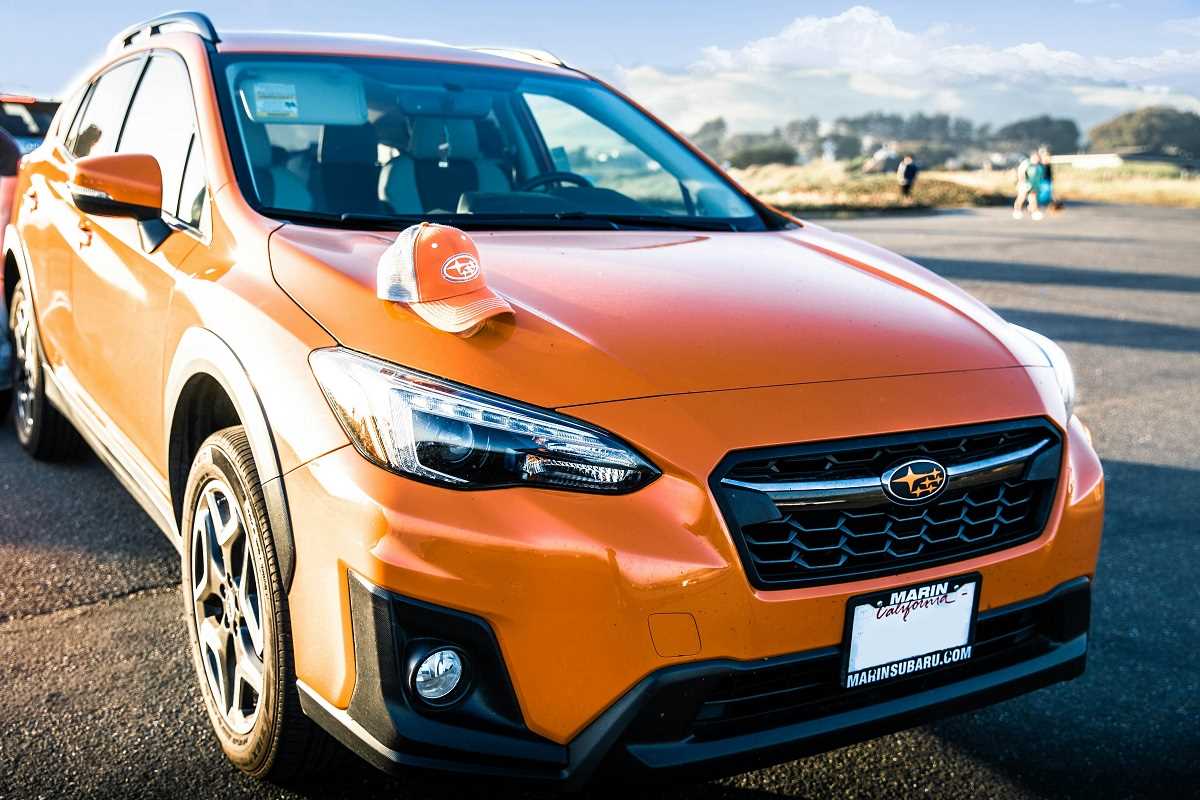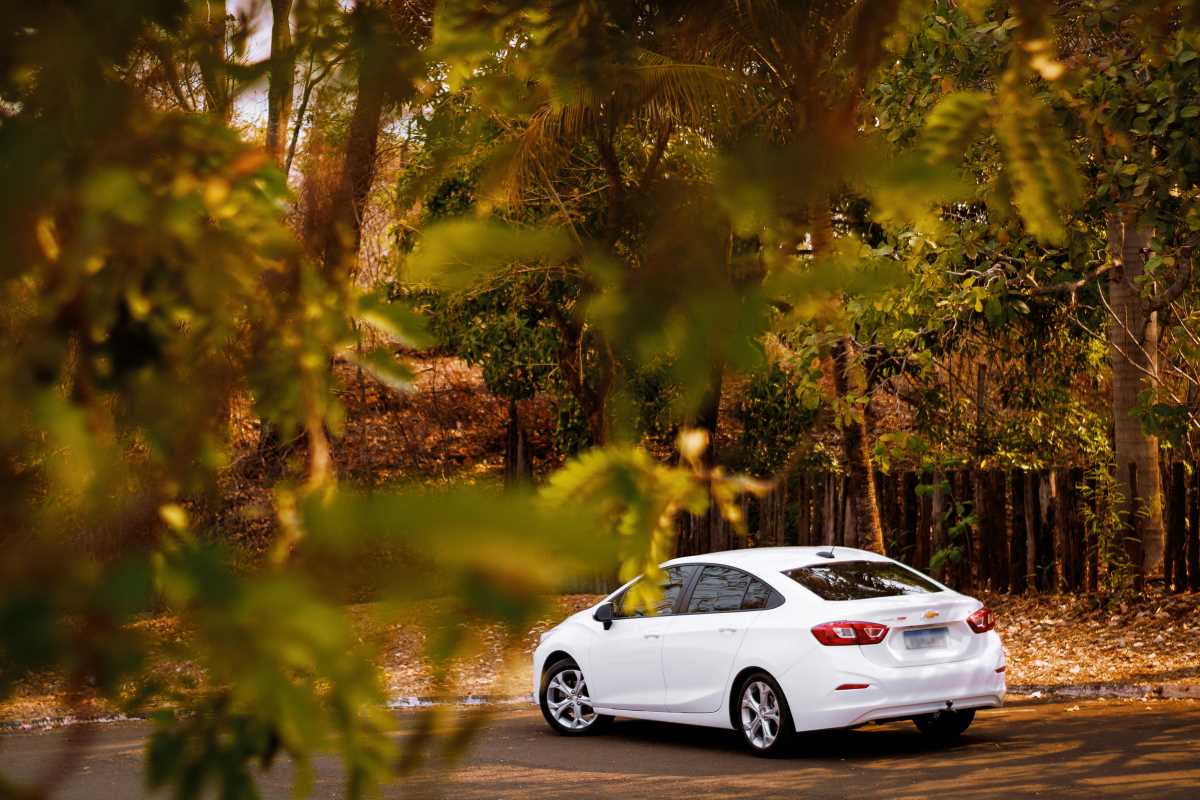Traveling to another country is exciting, and renting a car while you explore can make the experience even better. Cruising along a coast, navigating winding mountain roads, or sightseeing at your own pace offers freedom with a rental car. Renting a car abroad comes with its own set of challenges, and unexpected costs can sneak up on you if you’re not careful. Hidden fees and insurance surprises can quickly blow your budget. We’ve broken down some of the sneakiest costs and provided tips to help you stay ahead of them. Here’s a guide to what you should watch for when renting a car overseas.
1. Hidden Fees in the Rental Agreement
One of the first things you should be aware of when renting a car abroad is hidden fees buried in the fine print. These charges can show up under vague terms like "administrative fees" or "location surcharges." Some rental companies tack on extra charges just because you pick up the car at an airport or train station. It might seem minor, but these fees add up quickly. Always ask for a full breakdown of charges upfront before signing the agreement. If you’re unsure about any line items, ask the rental agent to explain them in detail.
2. Additional Driver Fees
Planning to share driving responsibilities with a friend or family member? Be prepared for extra costs. Many rental companies charge a daily fee for additional drivers, even if that person is your spouse. Some companies waive this fee if the second driver is a spouse or domestic partner, so always check the policy. Better yet, research rental companies that include additional drivers for free before booking.
3. Costly Insurance Add-Ons
Insurance is one of the trickiest parts of renting a car abroad. Most companies will offer you additional insurance coverage at the counter, which can seem smart at the time. This extra coverage is often overpriced and may duplicate coverage you already have through your travel insurance or credit card.
Be especially cautious of unnecessary “collision damage waiver” (CDW) fees. CDW does limit your financial responsibility if the car is damaged, but the daily cost can be high. Check with your credit card company before your trip. Many cards offer free rental car insurance when you pay for the booking with your card. Make sure this coverage is valid in the country you’re visiting.
4. Cross-Border Fees
You might be faced with what’s called a “cross-border fee” if you try to travel to a neighboring country. Rental companies often charge this to cover paperwork and additional risks associated with cars leaving the original country of hire. Before booking the car, disclose your travel plans and verify if cross-border driving is allowed. Some companies may include this in the rate, but others might surprise you with a hefty fee.
5. Fuel Policies That Aren’t in Your Favor
Rental companies have different fuel policies that can end up costing more than you anticipated. The most common ones are "full-to-full" and "full-to-empty." With the full-to-full policy, you pick up the car with a full tank of gas and return it the same way. This option is usually cost-effective if you remember to fill it up before dropping it off.
The full-to-empty policy, however, means you pay upfront for a full tank of gas and return it with whatever fuel is left. The catch? Rental companies often charge significantly more for gas than local stations. Always opt for the full-to-full policy if it’s available. If you need to refuel, try to find a nearby gas station before returning the car to avoid unnecessary service fees.
6. GPS and Other Equipment Rentals
Many travelers don’t think twice about adding extras like GPS units, child car seats, or Wi-Fi hotspots to their rental packages. They can be convenient but cost much more than bringing your own. GPS rentals could cost $10–$15 per day! Use your smartphone for navigation with offline maps or apps like Google Maps or Waze. If you need a child car seat, some airlines allow you to check yours for free, saving you from renting one abroad.
7. Late or Early Drop-Off Charges
Dropping off your car later or earlier than your agreed rental time can result in surprise fees. Even returning the car an hour late might trigger an extra day’s charge, depending on the rental company’s policy. Stick to your pick-up and drop-off times. If your plans change, call ahead to renegotiate times and avoid penalties.
8. Toll Charges and Administrative Fees
Driving on toll roads is common in many countries, and while the toll cost itself may not be high, rental companies may charge you additional "administrative fees" for handling toll payments on your behalf. In Portugal, toll payments are often electronic only, and rental companies pass the charges to you along with an extra handling fee. Ask about how toll roads are managed at your destination and whether you’re better off paying tolls directly or letting the rental company handle them. Some companies offer toll transponder rentals at a flat daily rate.
9. Currency Conversion and Credit Card Fees
Transactions are usually processed in the local currency when renting a car abroad. Some rental companies offer “dynamic currency conversion,” charging you in your home currency. This might seem helpful, but you typically end up paying more due to unfavorable exchange rates and extra service fees.
Your credit card might also charge foreign transaction fees when processing these payments. Pay in the local currency whenever possible to avoid dynamic conversion markups. Before traveling, check if your credit card waives foreign transaction fees.
10. Mileage Restrictions
Not all rental cars come with unlimited mileage. Get around this by understanding the mileage policy. Cars with mileage limits might charge hefty fees for every mile you drive beyond the allocated amount. Read your rental agreement carefully and ask for unlimited mileage if offered. If not, calculate your expected travel distance to avoid costly surprises.
11. Parking Fines and Traffic Violations
Getting parking tickets or traffic fines in a foreign country is bad enough, but rental companies often charge an additional administrative fee for processing these fines. This means the ticket itself could cost twice as much. Research local road laws and avoid high-risk areas for fines, such as restricted zones in city centers. Apps like Parkopedia can help locate legal parking spots in unfamiliar areas.







